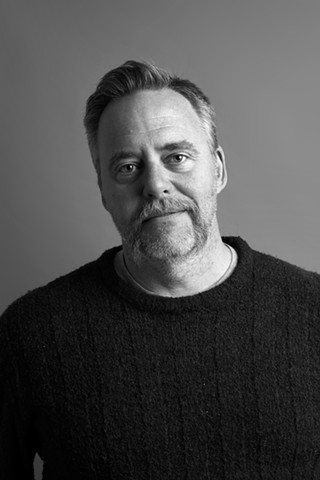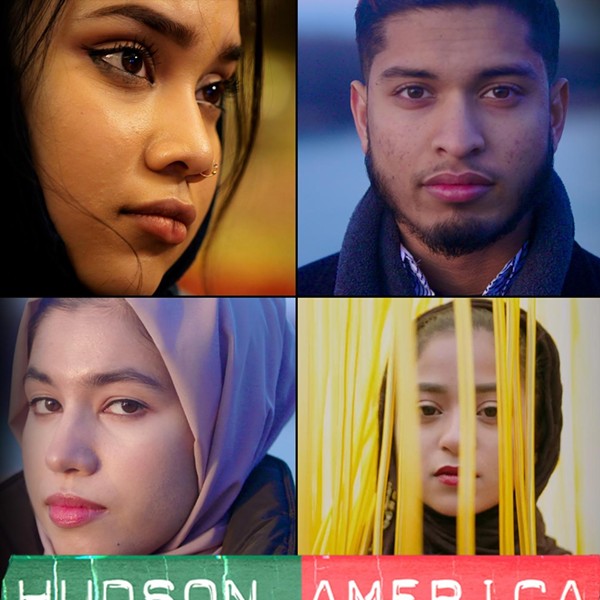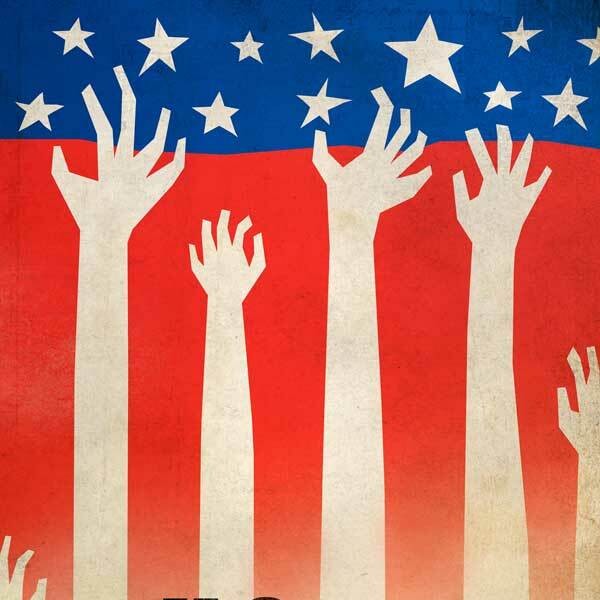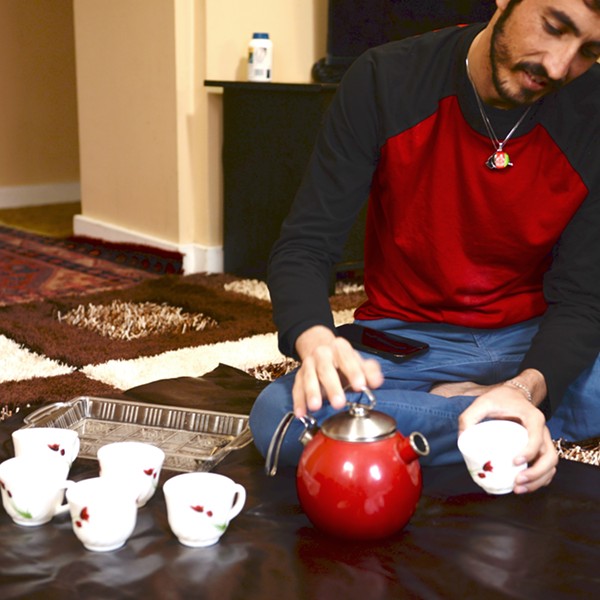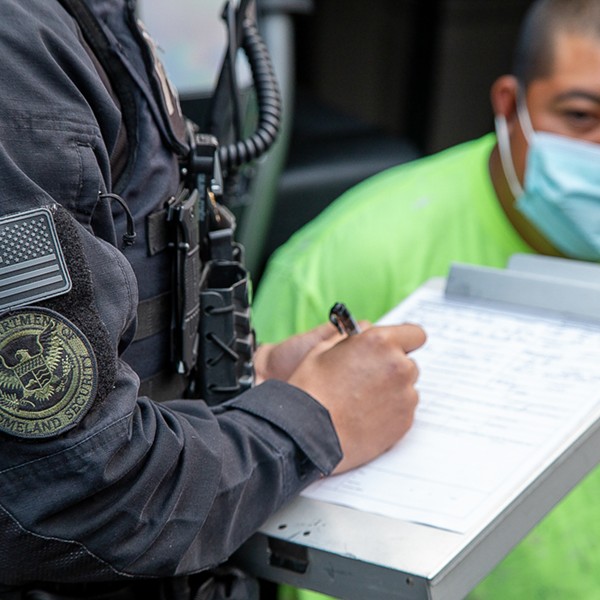The Aer Lingus flight touched down at Shannon Airport on a wet November morning in 1998. I had spent the overnight flight carousing with new best friend, Rory McElvoy, who was returning home to Omagh, in Northern Ireland. A few months earlier an IRA splinter group had set off a car bomb in Omagh that killed 29 people. Rory McElvoy preferred not to talk about it, the only Irishman I've ever met who didn't want to talk, talk, talk. Except for Fergus, whom you'll meet shortly.
At the rental car pick-up, it was raining so hard it hurt your skin. It's a three-hour drive from the airport to Bantry Bay, where my grandfather, Patrick O'Mahony, was born. A long drive on the wrong side of the road (shifter on the wrong side as well) in a monsoon. I picked up a sodden hitchhiker along the way, which was fortuitous, as he not only helped me navigate the confusing route through Cork, his ceaseless banter kept me awake.
I was the first person in my family to set foot on Irish soil since my grandfather emigrated to the US in the early 1920s. By "my family," I'm referring to the Mahoneys of Queens, the American branch of the Mahoney/O'Mahony clan. There were—and are—plenty of O'Mahonys still in Ireland. (A note on the Mahoney/O'Mahony split: When Patrick O'Mahony arrived at Ellis Island, an immigration official thought he'd be helpful by Americanizing my grandfather's last name, dropping the O and adding an e. Patrick and his descendants could then pass as full-blooded Americans, not bogged down by the albatross of their Irish O'heritage.)
The Mahoneys of Queens were well acquainted with the O'Mahonys of Bantry Bay, but none of us had ever gone there. Patrick had never returned to the country of his birth once he left, and neither of his two children were much for travelling. But our Irish cousins loved to come and stay with us. Some came to see the sights of New York City, some to slip into the Irish enclaves of the Bronx where bars were thick with brogues. The Irish economy had been stagnant for some time by the late `70s and early `80s, and there was a network of under-the-table construction jobs in New York City for Irish emigres.
Upon my arrival in Bantry Bay, the O'Mahonys arranged a party, inviting family from all over County Cork to fete the visiting American cousin. I met Tighe and Naimh and Fiachra and Niall and some other people with normal names. I was served large glasses of whiskey—perhaps overserved after I requested a portion of Bushmills, which as the O'Mahonys were keen on pointing out, was Protestant whiskey from the north of Ireland and therefore taboo. They drank Jameson, and made sure I drank enough of it that I had to be carried out of the room, which they thought was great fun. A real good craic, as they say.
The next day, after my head cleared, I spent time with my grandfather's last surviving sibling, Kathleen, then in her 80s. She made lunch for me—poached flounder and boiled potatoes served with brown bread and these adorable balls of butter that I watched her form with two wooden paddles. Kathleen, a gregarious raconteur, was left speechless when I asked her why the perfectly good pats of butter needed to be shaped into spheres. "That's just how it's done," was all she could manage to reply.
Fergus, a long-retired railway engineer, joined us for lunch. He was supposedly Kathleen's husband, but as he didn't say a word to either of us, I had to take Kathleen's word on that. Fergus looked more like a worn armchair than anything and seemed content to glower at me across the table like he suspected I was going to pocket the silver on the way out.
Kathleen took me to see the family farm where she and her 12 siblings had grown up. She didn't remember my grandfather very well as he was much older than her and left when she was a little girl. But she did know that Patrick went to America because he was in some kind of trouble. As it was the '20s in Ireland, that meant political trouble. If you're interested in finding out more about the Irish War of Independence, I'll leave you to it, but suffice to say that it was a violent time and likely my grandfather was involved with the Irish Republican Army in their guerrilla war against the British. A few years earlier Patrick's uncle had been imprisoned by the British and eventually hanged for his Republican activities.
Like so many before and after him, my grandfather left his home in search of a better life. Tale as old as time—we humans are a migratory bunch. He settled in Rochester, New York, and eventually became a naturalized citizen. In a time of rising tension about our borders and an increasingly emboldened Immigrations and Customs Enforcement agency, it's worth remembering that we are all linked, whether we're Irish or Mexican or born here. We are a nation of laws, and they should be respected. But we are also a nation of immigrants, and we should try and find some measure of empathy for those who come here looking for a better life, like our families did.







